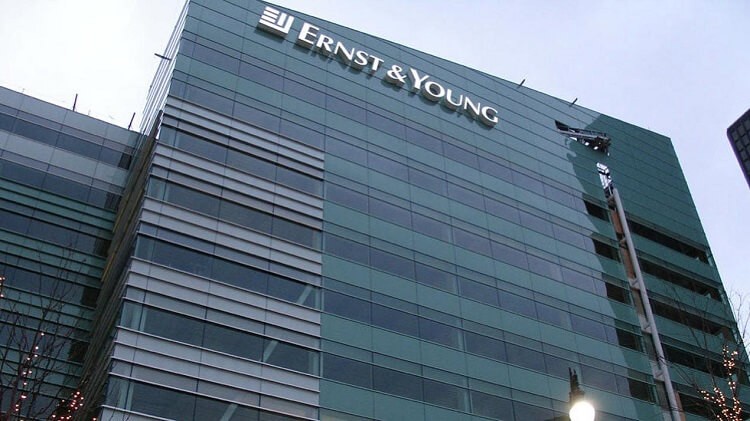With the elimination of tariff to facilitate the African Continental Free Trade Area Agreement, Ernest and Young Global Ltd has said policy flaws will be the biggest barrier that will hinder Nigeria from maximising the benefits of the bloc expected to grow to $29trn by 2050.
EY said this in a report, “Diversification and Non-oil Export Opportunities for Nigeria States Post-COVID-19,” commissioned by the PDF Bridge Programme.
Advertisement
The AfCFTA was launched in January 1, 2020 with the aim of facilitating intra- African trade.
In the fresh report, EY estimated the trade bloc to hit $29trn by 2050, while African economies are expected to witness huge growth.
The report disclosed that the AfCFTA induced tariff elimination would also attract the influx of Foreign Direct Investment into the continent.
With poor state of infrastructure, the firm believes that the FDI would support and revitalise the ailing infrastructure across the continent.
Advertisement
Nigeria had in November 2020 ratified the AfCFTA ahead of the January take-off.
Based on the report, Nigeria with over 200 million people is expected to be a critical beneficiary of the bloc.
EY said the country would benefit from the poorly utilised intra-African market, a move which would make local companies more competitive.
The country would also see the AfCFTA drive its economy out of oil reliance for foreign exchange, the firm said.
But the London based firm pointed out anomalies which were impacting on the country’s quest to grow and diversify its economy at a competitive pace.
Among the policy flaws pointed was the closure of land borders by the government in 2019.
Advertisement
EY said, despite the benefits claimed by the government, “inconsistency of this move vis-a-vis a recent signing of the WTO, TFA and the AfCFTA indicates a lack of coordination by the policymakers and overall institutional environment in the country and further reduces the ability of the economy to garner required foreign direct investment.”
It also revealed another policy inconsistency where stakeholders had pointed out that in a bid to sustain production levels, foreign exchange was sourced from the parallel market at N475 per dollar over forex illiquidity.
“However, proceeds from exports are then received at the Investors and Exporters’ window rate (N390/$), thereby further limiting their constrained earning potential.
“Trade protectionist policies, such as the CBN’s forex exclusion list, while stimulating local production may also have a regressive effect on economic growth.
“Local production of a protected commodity is increased at an uncompetitive cost to consumers, resulting in overall erosion of living standards,” the report added.



